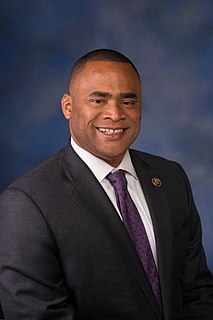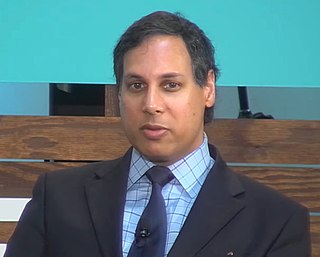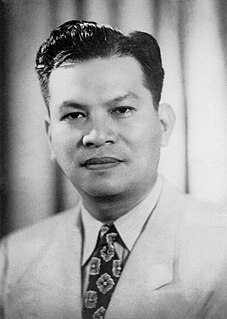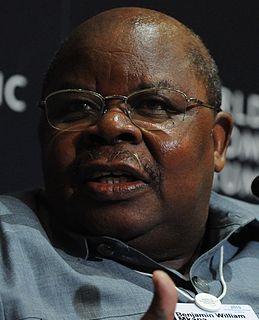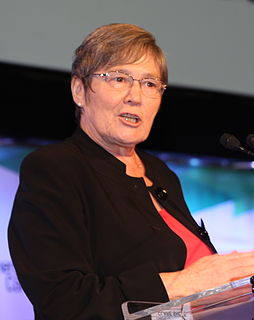A Quote by Marc Veasey
As policy makers, Congress has the power to promote public policies that economically empower single parents and drastically reduce childhood poverty.
Related Quotes
China is attempting the death-defying feat, which no one has attempted in the history of the world, which is to move a billion people out of poverty. When I speak to Chinese policy-makers, the thing that annoys them the most about Western policy-makers is that they're not given any credit for anything.
If the Federal Reserve pursues a policy which Congress or the President believes not to be in the public interest, there is nothing Congress can do to reverse the policy. Nor is there anything the people can do. Such bastions of unaccountable power are undemocratic. The Federal Reserve System must be reformed, so that it is answerable to the elected representatives of the people.
It's far from clear in general that Donald Trump is a guy who really thinks about the details of policy and is going to do the kind of heavy lifting you have to do as president to get those policies through in Congress. I think the hope is that Paul Ryan and his crew will push policies through Congress and Trump will just sign them. That's not really how policy works.
The problem is the policy makers don't have practitioners in the policy team. You won't make an IT policy without consulting a Narayan Murthy or Nandan Nilekani. But for energy, people think they know everything and they know what to do for it. That's how the policies are created in Delhi and that needs to change.
It may seem strange, but Congress has never developed a set of goals for guiding Federal Reserve policy. In founding the System, Congress spoke about the country's need for "an elastic currency." Since then, Congress has passed the Full Employment Act, declaring its general intention to promote "maximum employment, production, and purchasing power." But it has never directly counseled the Federal Reserve.
Policy is formed by preconceptions, by long implanted biases. When information is relayed to policy-makers, they respond in terms of what is already inside their heads and consequently make policy less to fit the facts than to fit the notions and intentions formed out of the mental baggage that has accumulated in their minds since childhood.
It's politically impossible, as you know, for any member of Congress to make a public statement condemning or criticizing the policies of Israel. It would be political suicidal for them to do so. A lot of the members of Congress agree with me, some very high up in the Congress. But if they came out publically and said it, their seats would be in danger.
It would reduce the whole instrument to a single phrase, that of instituting a Congress with power to do whatever would be for the good of the United States; and as they would be the sole judges of the good or evil, it would be also a power to do whatever evil they please . . . . Certainly no such universal power was meant to be given them. It [the Constitution] was intended to lace them up straightly within the enumerated powers and those without which, as means, these powers could not be carried into effect.
